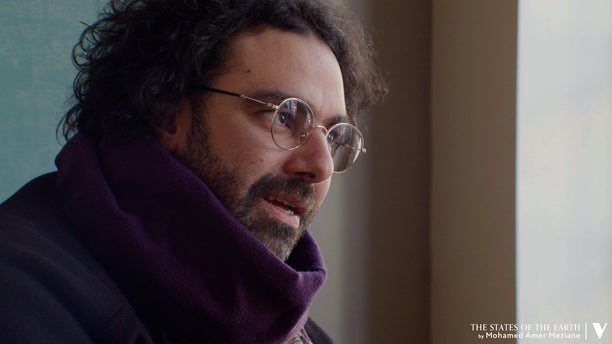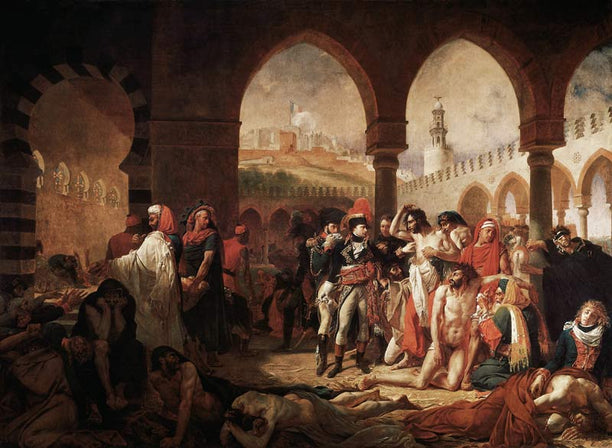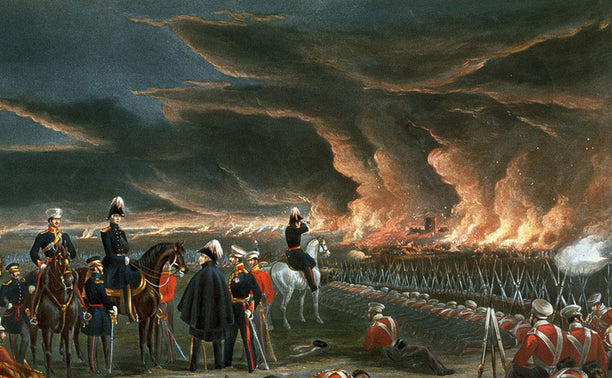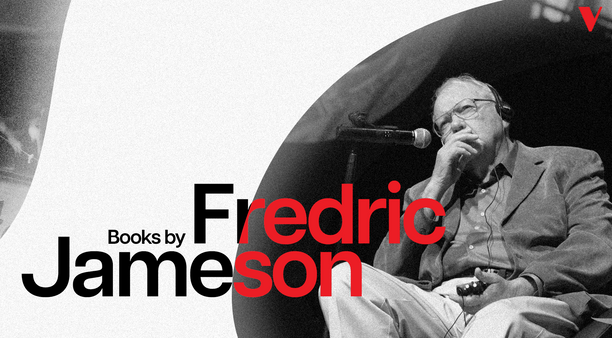
Fredric Jameson: A Giant of Literary and Cultural Theory
Celebrate Fredric Jameson's 90th birthday with us! Take 40% off all titles on the Fredric Jameson bookshelf.

Celebrate Fredric Jameson's 90th birthday with us! Take 40% off all titles on the Fredric Jameson bookshelf.


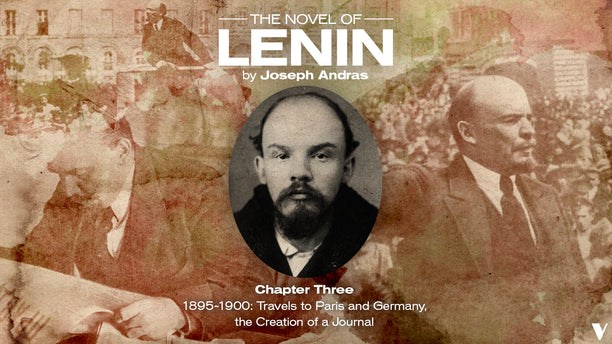
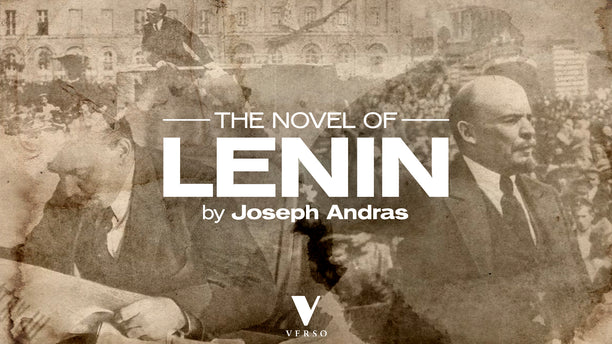
A new nine-part micro-novel from Joseph Andras.
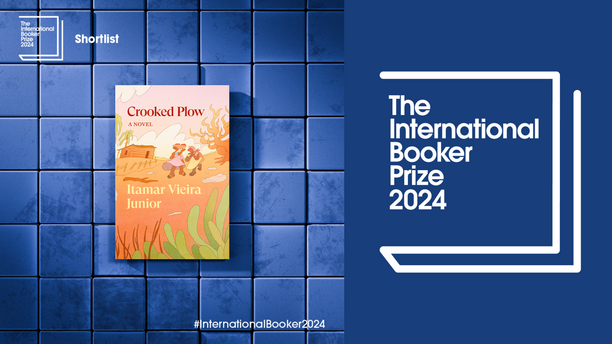
"An evocative journey into the heart of rural Brazil, which speaks to the importance of remembering our histories and protecting the land that sustains us." — International Booker Prize 2024
